My water supply
ESP WATER TEMPORARY USAGE BAN (TUB) LIFTED IN YORKSHIRE WATER REGION
Further information is available here
ESP WATER TEMPORARY USAGE BAN (TUB) LIFTED AT COTE ROAD, ASTON, OX18 2GH / OX18 2GJ
Further information is available here
Account
Register your property
So we can set up your account, please fill out the form above to register your details or call us on 0333 000 0059. We will let you know once your account is ready.
Update your details
If you would like to update or change your personal details on your account, please fill out the form above or call us on 0333 000 0059.
Moving home
If you are moving house and no longer need an account with us, please let us know. We’ll need at least five working days’ notice, so we can ensure you don’t get charged for any water used after you move out. Please fill in the form or call us on 0333 000 0059.
Our standards
We have introduced additional, enhanced standards as part of our commitment to giving you the best possible service.
Setting up a Direct Debit
To start paying your bills, simply call us on 0333 000 0059 to set up your Direct Debit.

Paying a bill

Metering
Our charges
The amount we charge you as a householder for your water supply and/or wastewater is set out in the documents below. The amount you are charged is dependent on the incumbent region of England you are in.
We would like to draw your attention to the price increases which take effect on 1st April 2025. These charges are increasing in line with the incumbent water company charges in each area. We are regulated by Ofwat and are required to ensure that our charges are never higher than your local water company, this means that you are no worse off being on an ESP Water Network.
If you are struggling to pay your water bill or would like to discuss a bespoke payment plan you can contact us to discuss how we can help by calling 0333 000 0059, or emailing billing@espwater.co.uk.
Household Charges and Statements of Assurance
-
1.2025/2026
Our Household Charges 2025/2026
- ESP Water Household Charges 25-26 Affinity Water
- ESP Water Household Charges 25-26 Anglian Water
- ESP Water Household Charges 25-26 Bristol Water
- ESP Water Household Charges 25-26 Essex and Suffolk Water
- ESP Water Household Charges 25-26 Northumbrian Water North
- ESP Water Household Charges 25-26 Severn Trent Water
- ESP Water Household Charges 25-26 South Staffs Water
- ESP Water Household Charges 25-26 South West Water
- ESP Water Household Charges 25-26 Thames Water
- ESP Water Household Charges 25-26 United Utilities
- ESP Water Household Charges 25-26 Wessex Water
- ESP Water Household Charges 25-26 Yorkshire Water
Our Statement of Assurance 2025/2026
-
2.2024/2025
Our Household Charges 2024/2025
- ESP Water Household Charges 24-25 Affinity Water
- ESP Water Household Charges 24-25 Anglian Water
- ESP Water Household Charges 24-25 Bristol Water
- ESP Water Household Charges 24-25 Essex and Suffolk Water
- ESP Water Household Charges 24-25 Northumbrian Water North
- ESP Water Household Charges 24-25 Severn Trent Water
- ESP Water Household Charges 24-25 South Staffs Water
- ESP Water Household Charges 24-25 South West Water
- ESP Water Household Charges 24-25 Thames Water
- ESP Water Household Charges 24-25 United Utilities
- ESP Water Household Charges 24-25 Wessex Water
- ESP Water Household Charges 24-25 Yorkshire Water
Our Statement of Assurance 2024/2025
-
3.2023/2024
Our Household Charges 2023/2024
- ESP Water Household Charges 23-24 Anglian Water
- ESP Water Household Charges 23-24 Northumbrian Water North
- ESP Water Household Charges 23-24 Severn Trent Water
- ESP Water Household Charges 23-24 South Staffs Water
- ESP Water Household Charges 23-24 South West Water
- ESP Water Household Charges 23-24 Thames Water
- ESP Water Household Charges 23-24 United Utilities
- ESP Water Household Charges 23-24 Wessex Water
- ESP Water Household Charges 23-24 Yorkshire Water
Our Statement of Assurance 2023/2024
-
4.2022/2023
Our Household Charges 2022/2023
- ESP Water Household Charges 22-23 Anglian Water
- ESP Water Household Charges 22-23 Northumbrian Water North
- ESP Water Household Charges 22-23 Severn Trent Water
- ESP Water Household Charges 22-23 South West Water
- ESP Water Household Charges 22-23 Thames Water
- ESP Water Household Charges 22-23 United Utilities
- ESP Water Household Charges 22-23 Yorkshire Water
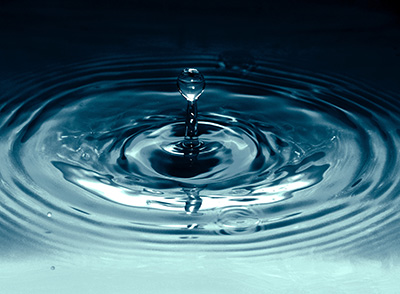
My water tastes bitter or metallic
A bitter or metallic taste is usually the result of increased concentrations of metals commonly found in domestic plumbing systems such as copper or zinc. It is often caused when water is left standing in pipework for a long time.
What to do
Running your taps can often resolve the problem. However, deteriorating metal storage tanks, pipework and fittings can also be a cause. A professional plumber should be able to help identify this, and you can find a list of local approved plumbers in your area at WaterSafe.
My water smells like fuels or solvents
Please contact us immediately if your water smells or tastes like petrol or diesel. This is often caused by contamination when petrol, diesel or other solvents may have been spilt and filtered through the ground into water pipes.
What to do
If you discover any spills, please note the location and report it to both us and your local council’s Environment Health Team.
My water looks cloudy
This is caused by air in the water, usually as a result of internal plumbing issues or network issues such as a burst water main.
The water is still safe to drink, but leaving it to stand in a jug or glass will allow the air bubbles to rise to the surface, and the cloudy appearance will soon clear from the bottom up.
What to do
To remove any air locked in the system, run your tap closest to the point on full flow. Then find your internal stop tap and turn this between the on and off position nine or 10 times.
My water looks discoloured
Discoloured water is rare and, in most cases, harmless. It can vary in appearance from a yellow straw colour to dark brown, and be caused by several reasons, including:
- Flow changes in the water system which disturbs sediments
- Pipe corrosion
- Plumbing problems in your home
- Incidents or operational maintenance on the water network
- Illegal hydrant use
What to do
To clear discolouration, run the tap closest to your internal stop tap at a ‘pencil-thin’ flow for around 20 minutes. If the water is still discoloured, please repeat the process until the water runs clear.
If there’s no improvement, please contact us so we can investigate.
Nickel in water
Nickel is a metallic element, which may be found in some taps and fittings in your property. Click on the link to find out more in our advice sheet.
What to do
Though nickel is harmless in small amounts, it can cause skin to become red, sore or itchy. If you or a family member has any of these symptoms, you may need to change your tap fittings. Your local plumber will be able to tell you which fittings are industry-approved.
Chlorine in water
Chlorine is added to drinking water in very small quantities to protect it after it leaves the water treatment works. Although the chlorine level is low, some people may notice a taste and smell at different times. Find out more in our advice sheet.
What to do
If you notice chlorine in your cold water straight from the tap, pour the water into a large jug and put it in the fridge for a few hours. This should remove the taste and smell. If you notice it in boiled water, test for an issue with your kettle by boiling water in a saucepan and comparing the taste. If your kettle is the problem, rinse and descale it.
How hard is my water?
Rainwater is naturally soft, but as it passes through rocks in the ground, calcium and magnesium salts dissolve into it. The more salts it contains, the harder the water. Hard water provides less lather from soap and washing up liquid, and can cause scale to build up in boilers, kettles, and other water-heating appliances.
However, it is perfectly safe, and there are no water quality or health-based standards for hardness.
If you need to soften your water for a specific reason, a water softener will replace the calcium and magnesium salts with sodium. However, please be aware that the extra sodium in your drinking water can cause dehydration in babies, affect low-salt diets, and encourage water pipes to deteriorate. The beads from the softener bed can also break through to the supply system, which will require maintenance
If you already have a water softener, we suggest you also install a separate mains-fed tap or a reverse osmosis kit for your drinking water.
If you would like to install a water softener, please ask an approved plumber for advice. You can find a list of approved plumbers in your area at WaterSafe.
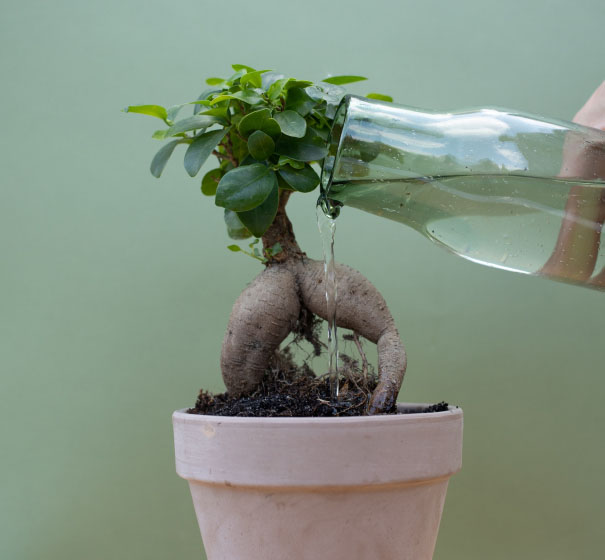

How does my water supply work?
How does my water and wastewater supply work?
Pipework responsibility
Responsibility for your water pipes is split two ways:
- The water company – the organisation who provides your home with drinking water.
- The property owner – the person who owns the property supplied.
Water company responsibility
As the water company that supplies your home, we’re responsible for the water mains, communication pipes, and infrastructure on public land, up to your external stop tap. This is the point where your home connects to our network.
Property owner responsibility
The property owner is responsible for the supply pipe from the external stop tap into your home, and all the pipework inside. If the supply pipe is shared, all the property owners connected to it share the responsibility for maintaining it.
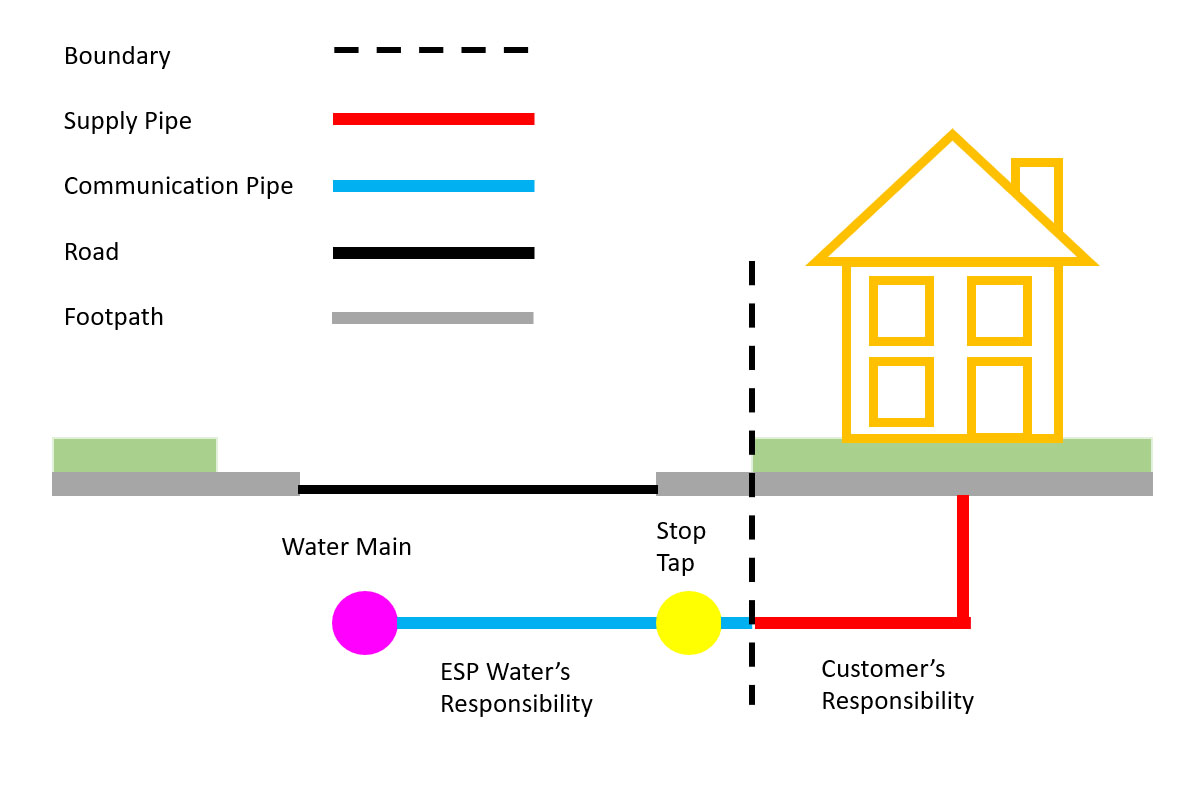
Wastewater
The property owner is responsible for their drains, while the sewers are the water company’s responsibility. For more information about your drains, please see our poster below.
Water Fittings Regulations
As your water company we are responsible for ensuring the Water Supply (Water Fittings) Regulations 1999 are met. They were introduced to protect public health by safeguarding drinking water supplies from waste, misuse and contamination up to the point of use in homes and businesses. Click on the link below for more information.
Our other utilities
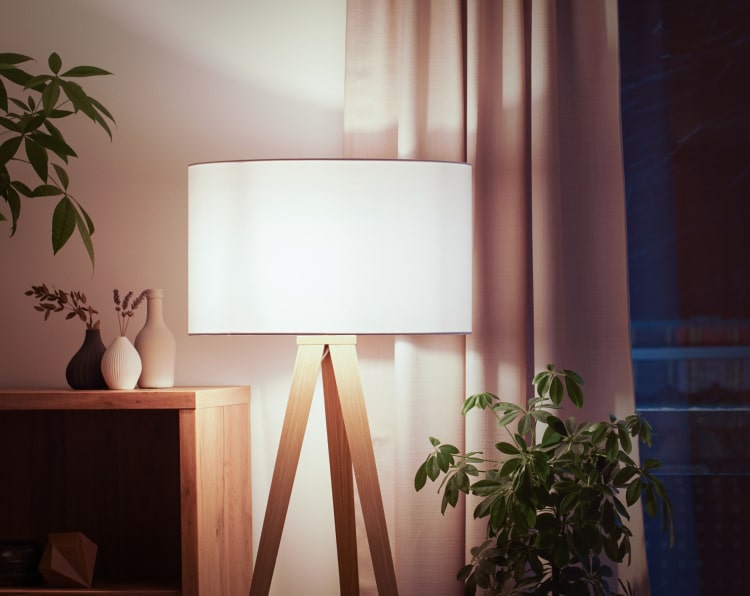
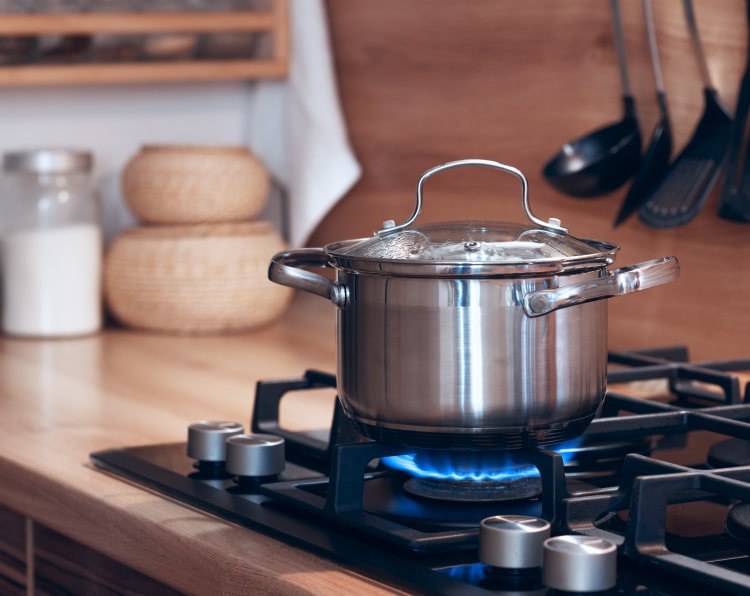
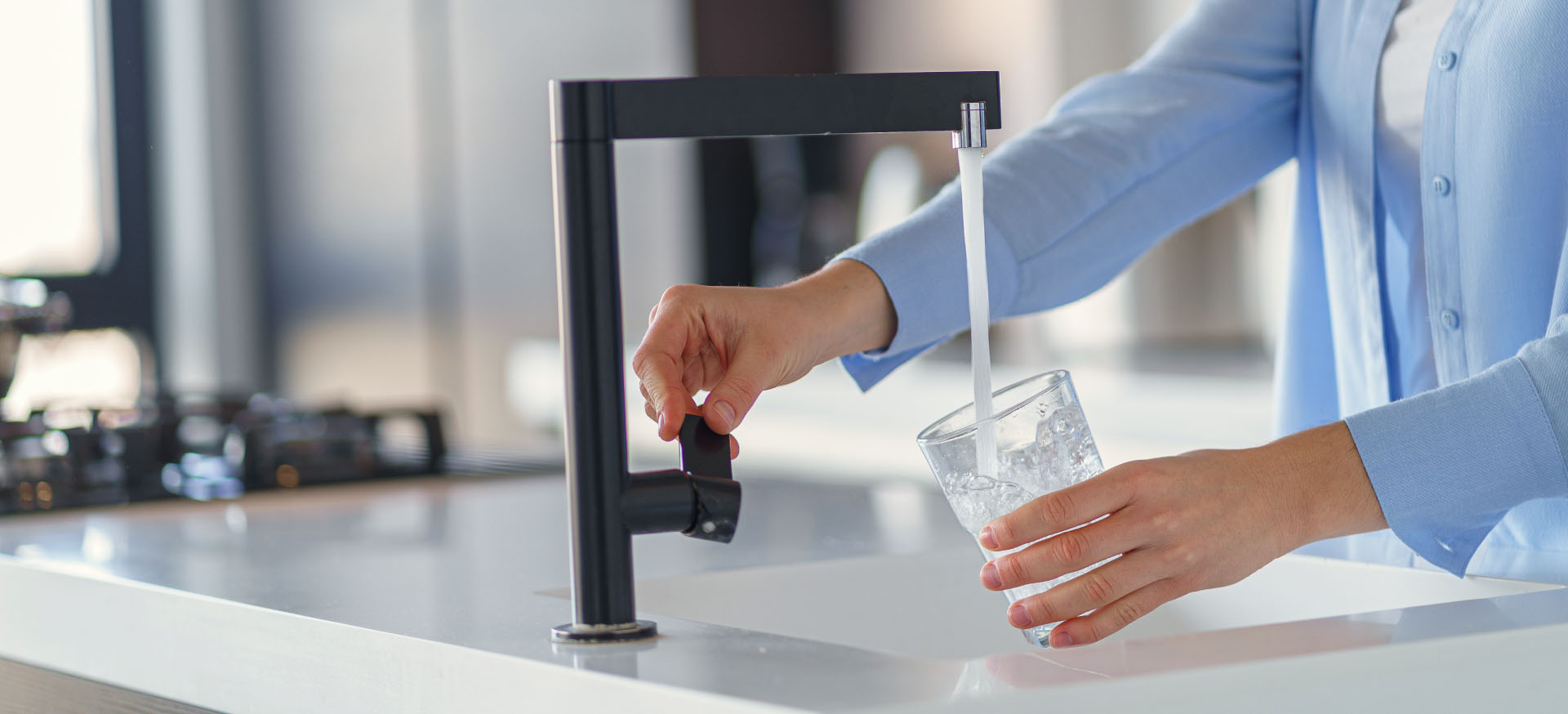
Social Tariffs
Water tariffs are special pricing plans that help customers manage their water bills, especially those who may be struggling. Each water region in the UK has its own tariff, and ESP will match the tariff for each region. For more information on Social Tariffs, please refer to the charging statements section below.
Eligibility criteria vary by region. If you’re unsure of your water region, use our Postcode Search tool to find out.
1.Affinity Water (Central Area)
Tariff Details:
2.Anglian Water
Tariff Details:
3.Bristol Water
Tariff Details:
4.Essex and Suffolk Water
Tariff Details:
5.Northumbrian Water North
Tariff Details:
6.Severn Trent Water
Tariff Details:
7.South Staffs Water
Tariff Details:
8.South West Water
Tariff Details:
9.Thames Water
Tariff Details:
10.United Utilities
Tariff Details:
11.Wessex Water
Tariff Details:
12.Yorkshire Water
Tariff Details: